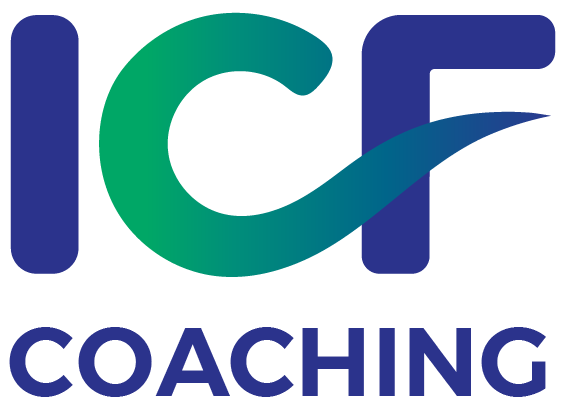Adaptive Coaching
Adaptive Coaching: Navigating the Dynamic Landscape of PerformanceAdaptive coaching, a contemporary approach to leadership and development, focuses on dynamically adapting coaching strategies to the unique needs and context of the individual being coached. It recognizes that the world of work is constantly evolving, and individuals require a personalized, flexible, and responsive approach to reach their full potential. Unlike traditional coaching models that often rely on standardized techniques and predetermined goals, adaptive coaching embraces a situational awareness and proactive responsiveness. It prioritizes understanding the individual’s current challenges, aspirations, and the environment they operate within. This understanding informs the coaching process, allowing for the continuous adaptation of strategies, tools, and resources to optimize progress and achieve sustainable results. Key pillars of Adaptive Coaching:* Individualized Approach: Adaptive coaching acknowledges that each individual is unique, with distinct strengths, weaknesses, motivations, and learning styles. It emphasizes tailoring the coaching experience to these specific attributes, fostering a deep understanding of the individual’s needs, aspirations, and challenges. * Contextual Awareness: Recognizing the ever-changing nature of the workplace, adaptive coaching considers the broader context in which the individual operates.
This includes organizational culture, team dynamics, industry trends, and external factors that might influence performance and development. * Flexible Strategies: Adaptive coaches are not bound by rigid frameworks. They are adaptable and resourceful, drawing from various coaching models and techniques to best address the individual’s needs at any given moment. This flexibility allows for the constant evolution of the coaching process, ensuring it remains relevant and effective. * Collaborative Relationship: Adaptive coaching fosters a strong, trusting relationship between coach and coachee. It encourages open communication, active listening, and mutual respect, allowing for genuine collaboration in identifying goals, exploring possibilities, and navigating challenges together. * Continuous Assessment and Adjustment: Adaptive coaching is an iterative process. It involves ongoing assessment of progress, identification of roadblocks, and timely adjustments to the coaching approach.
This dynamic feedback loop ensures that the coaching remains focused and relevant to the individual’s evolving needs and context. Benefits of Adaptive Coaching:* Enhanced Performance and Development: By addressing specific needs and challenges, adaptive coaching empowers individuals to reach their full potential and achieve sustainable performance improvement. * Increased Engagement and Motivation: The individualized and collaborative nature of adaptive coaching fosters a sense of ownership and purpose, leading to higher engagement, motivation, and commitment to personal and professional growth. * Improved Adaptability and Resilience: By navigating changing contexts and evolving challenges, individuals develop greater adaptability, resilience, and the ability to thrive in dynamic environments. * Stronger Leadership and Team Dynamics: By fostering a culture of continuous learning and development, adaptive coaching promotes stronger leadership skills, enhances team cohesion, and drives organizational effectiveness. Adaptive coaching is not a one-size-fits-all solution. It requires skilled and experienced coaches who are able to adapt their approach and leverage a diverse set of tools and techniques to meet the unique needs of each individual. By embracing this dynamic and personalized approach, organizations can unlock the true potential of their workforce and foster a culture of continuous growth and development.
FAQs
Adaptive coaching is a flexible and responsive coaching approach that adjusts to the individual needs and circumstances of the client. It emphasizes active listening, personalized goal setting, and ongoing evaluation to ensure the coaching process is constantly evolving and tailored for optimal results.
Unlike traditional coaching, which often follows a rigid framework, adaptive coaching is highly adaptable. It doesn’t prescribe a fixed plan but rather uses an iterative process to identify and address the client’s evolving needs and challenges. This makes it more dynamic and personalized.
Adaptive coaching offers several benefits, including increased engagement and motivation, improved self-awareness, enhanced performance, greater resilience, and a more sustainable approach to personal and professional growth.

